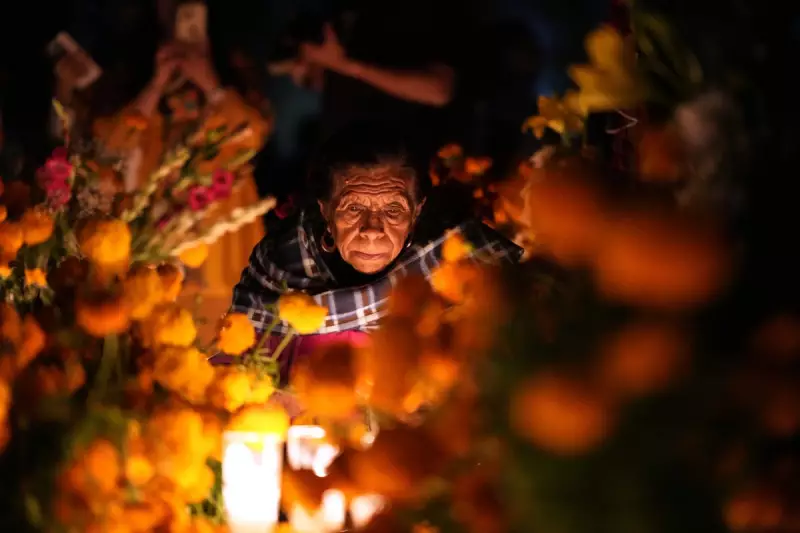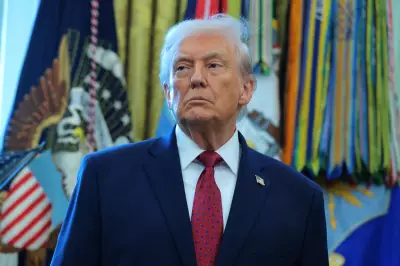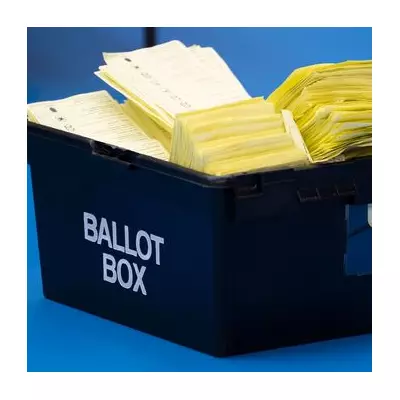
The Duke and Duchess of Cambridge's Caribbean tour has been overshadowed by growing protests and demands for slavery reparations, as the royal couple faces their most challenging diplomatic mission to date.
Protests Mar Royal Visit
During their tour of Belize, Jamaica, and the Bahamas, Prince William and Kate Middleton encountered unexpected resistance from local communities. In Jamaica, demonstrators gathered outside the British High Commission in Kingston, brandishing placards demanding an apology for slavery and substantial reparations for Britain's colonial past.
The timing couldn't be more significant, coming as Jamaica celebrates its 60th anniversary of independence while simultaneously considering removing the Queen as head of state.
Awkward Moments and Diplomatic Tensions
One of the tour's most cringe-worthy moments occurred when the royal couple was photographed awkwardly touching hands with Jamaican children through a wire fence—an image that quickly went viral and drew comparisons to a zoo visit. The incident sparked widespread criticism on social media, with many labelling it a public relations disaster.
Meanwhile, 350 prominent Jamaican figures, including politicians and business leaders, published an open letter demanding reparations estimated at £7 billion for Britain's role in the transatlantic slave trade.
Historical Context and Modern Realities
The tour comes amid a broader reckoning with Britain's colonial history across the Caribbean region. Barbados officially removed the Queen as head of state last November, and other nations appear likely to follow suit.
Prince William acknowledged the growing tensions during a speech in Jamaica, stating: "I strongly agree with my father, the Prince of Wales, who said in Barbados last year that the appalling atrocity of slavery forever stains our history."
What This Means for the Monarchy
This challenging tour represents a crucial test for the modern monarchy's ability to navigate post-colonial relationships. The mixed reception suggests the Royal Family faces an uphill battle in maintaining relevance in nations increasingly questioning their British ties.
As the tour continues, all eyes remain on how the Cambridges will handle these delicate diplomatic waters and whether their efforts will be enough to preserve Britain's fading influence in the region.





